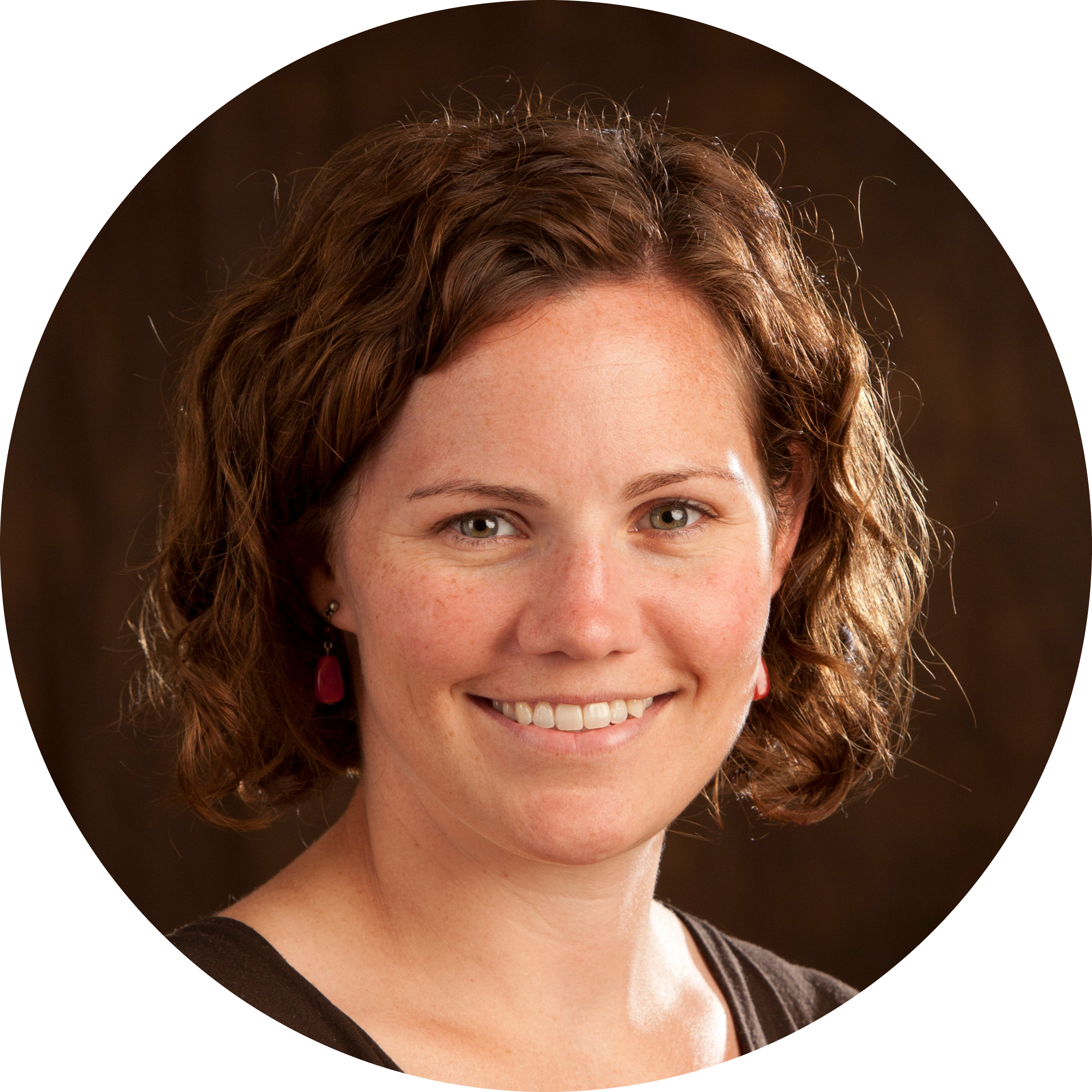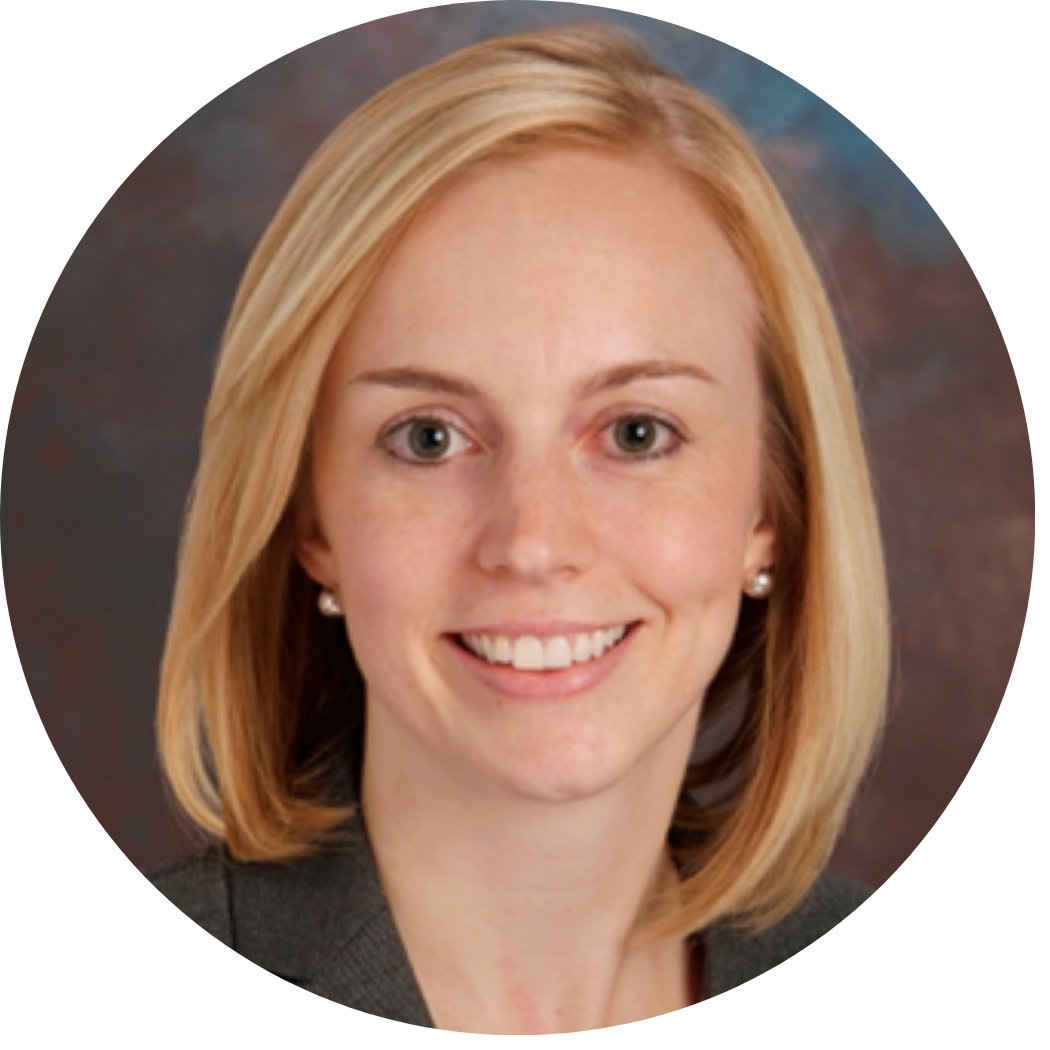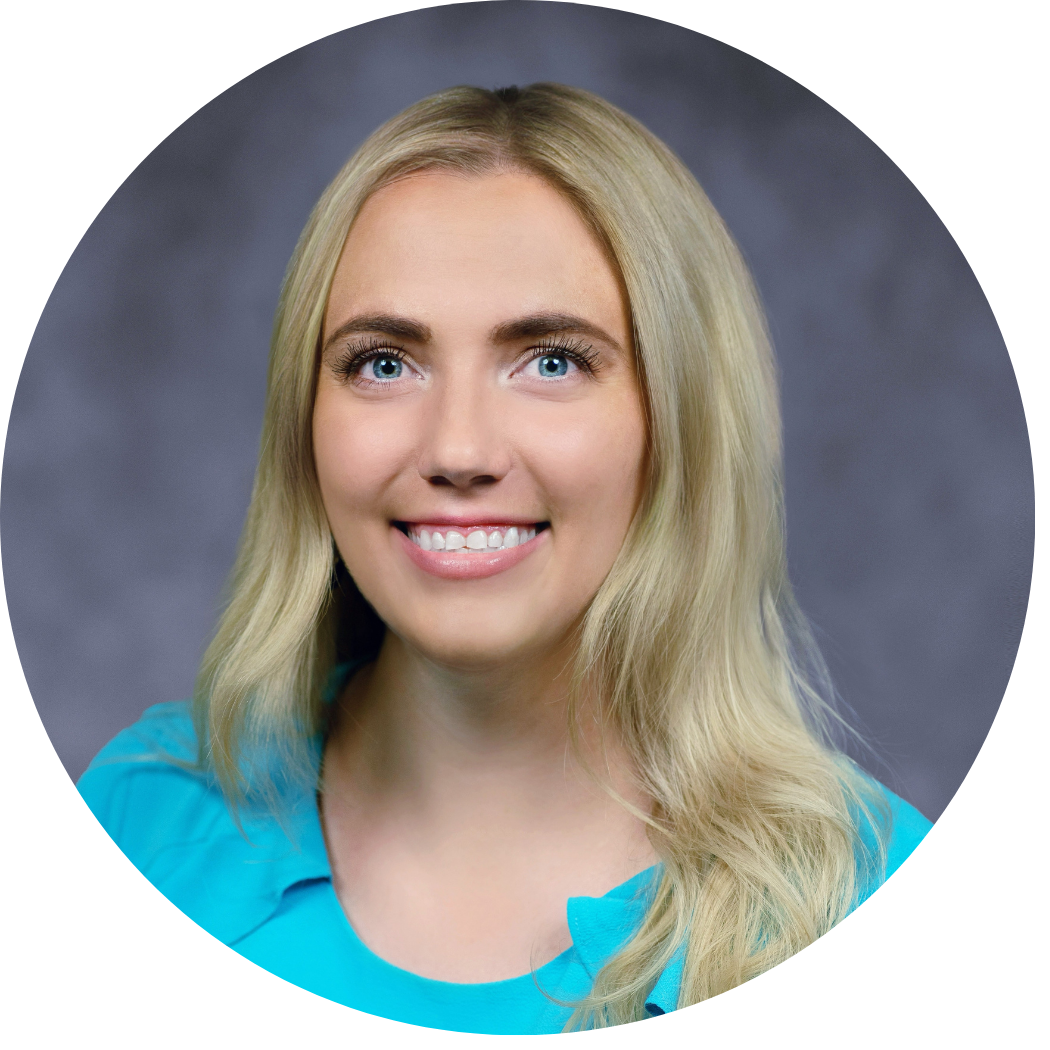RESIDENCY PROGRAM STRUCTURE
Training Overview
In our program, the first year is mostly adult neurology, but typically includes 2 months of inpatient pediatric neurology. The remaining two years are mostly pediatric neurology. See the Program Requirements for details. The inpatient pediatric neurology services are divided into three teams: general hospital, ICU, and Epilepsy long-term monitoring. Residents spend time primarily on the general and ICU services.
In addition to clinical months on the inpatient and outpatient services, residents participate in mentored research projects all three years, and take an increasingly important role in leading and planning lectures and conferences.
Electives are an opportunity to increase clinical exposure to Specialties in Pediatric Neurology. Residents are in charge of structuring their elective months within fields of their interest such as Genetics, Neurosurgery, Rehabilitation, and neurology subspecialties. With prior approval from the program director, recent trainees have created electives in basic science research, ethics, medical education and global, rural, and underserved health.
Click here for information regarding the first two general pediatric years. ( https://medicine.utah.edu/pediatrics/education/residency)
Pediatric neurology residents have one half-day of pediatric neurology continuity clinic per week for all three years. The goals of the continuity clinic experience are to build relationships with patients and their families over time and to develop expertise in outpatient management of problems in pediatric neurology. In addition to these half days of continuity clinics, PGY4 and PGY5 residents also participate in the discharge clinic for patients recently requiring neurology during an inpatient hospitalization.
Each resident is assisted in selecting both an academic and a career faculty member to serve as their advisors and mentors. The trainee and advisors meet at least twice a year to review the trainee's accomplishments as well as areas in need of improvement, set future goals and facilitate career planning. The resident can change or accumulate advisors at any time during the program.
All call is home call.
During the one adult neurology year, pediatric neurology residents take home call during their VA months. Typically, this is on a q4 basis, always with an adult neurology senior resident or attending available for back up.
There is no overnight call for adult inpatient months at the University of Utah.
During the pediatric neurology inpatient months, home call is on a q3-4 basis, and there is a pediatric neurology attending available for back up.
On elective and non-inpatient months, there are no scheduled call shifts.
We assist residents in preparing for the ABPN Boards by administering the Residency In-Service Training Examination (RITE) each spring.
We administer five NEX exams during resident's training as well.
In addition, residents receive informal and formal feedback during their clinical rotations and meet with the Program Director twice yearly to give and receive feedback.
Residents have three weeks of vacation each year and one week dedicated for personal and professional development; vacation schedules are set each Spring for the upcoming academic year. Click here to see University of Utah Trainee benefits including salary, insurance and disability policies.
Program benefits include an educational fund of $1000, memberships to the American Academy of Neurology and Child Neurology Society, and travel compensation to one national conference during the three years of the residency program as well as one conference or meeting per year at which you are presenting.
Fellowship training is available in Dysautonomia, Epilepsy/EEG, Headache, Neurogenetics, Neuroimmunology, and Neurophysiology/EMG. Contact Meghan Candee, MD for further details.



